A new NYC law will place yet another inspection requirement on co-op and condo communities with parking facilities on their premises. Known as Local Law 126/2021, the measure is only the latest in a long and growing string of ordinances passed by the City administration affecting owned residential communities.
The New Law & its Requirements
“Local Law 126/2021 was enacted by the New York City Department of Buildings (DOB), and mandates periodic inspections and reporting of all parking structures in the city,” says Marcello Tronci, senior structural engineer with CTL Group, based in Manhattan. “In an effort to keep buildings safe as required by New York City Construction Codes §28-323, and RCNY §103-13, owners of parking structures must hire a New York State licensed Professional Structural Engineer (PE) to inspect parking structures and file condition assessment reports with the NYC DOB at least once every six years. The Professional Structural Engineer must meet the eligibility requirements for Qualified Parking Structure Inspectors (QPSI) as required by 1RCNY 101-07.” Obviously, this regulation applies to any building with a parking garage as part of its structure - including co-ops and condos.
The law went into effect November 7, 2022. “It amends the Administrative Code of the City of New York, the New York City plumbing code, the New York City building code, the New York City mechanical code and the New York City fuel gas code,” explains Tronci, “to bring such codes and related provisions of law up to date with the 2015 editions of the international building, mechanical, fuel, gas, and plumbing codes. The law reflects the unique character of the city,” Tronci notes, “clarifying and updating administration and enforcement of such codes and the 1968 code.”
What Needs to Be Done?
The extent of work to be done depends of course on the conditions of a given parking structure, which can vary from minor regular maintenance to major structural repairs that can affect the operability of the entire structure. “The first step is to conduct a conditions assessment of a parking structure and appurtenances,” says Tronci. As Tronci previously notes, “That assessment must be performed by or under the direct supervision of a qualified inspector retained by the owner of the building in which the parking structure is located.” Interestingly, the inspector must design a condition assessment program for each specific structure to be inspected. “The program must be based on the considerations of the type of construction, age of the material components, the parking structure’s specific exposure to environmental conditions and the presence of specific details and appurtenances,” says Tronci. “A condition assessment is considered completed when the inspector has conducted a final inspection to determine that the parking structure conditions as described in the compliance report are consistent with the actual conditions.”
The inspector then files the compliance report with the building department describing the result of the conditions assessment, clearly documenting all conditions noted during the inspections, including the physical examination. “The report must include an executive overview that consists of a summary of findings, conclusions and recommendations, and a determination as to whether a parking structure is categorized as safe, ‘safe with repairs and/or engineering monitoring’ (SREM), or unsafe.”
Concerns for Co-ops & Condos
A key aspect of these new requirements for co-op and condo building owners to consider is that while under the NYC DOB Façade Inspection Safety Program (FISP) rule, an unsafe condition does not prevent buildings from remaining in operation as long as they are protected by a sidewalk shed. Under Local Law 126, a parking garage that is classified as unsafe or safe with repairs and/or engineering monitoring, (SREM), will be required to shut down until the repairs are done. This may include parking spaces being made unavailable to be rented until repairs are completed. This aspect of the law renders a timely inspection and a proactive repair of parking garages to be the appropriate course of action. On average, the time required to complete the Condition Assessment can usually be completed in one or two weeks, depending on the size of the structures.



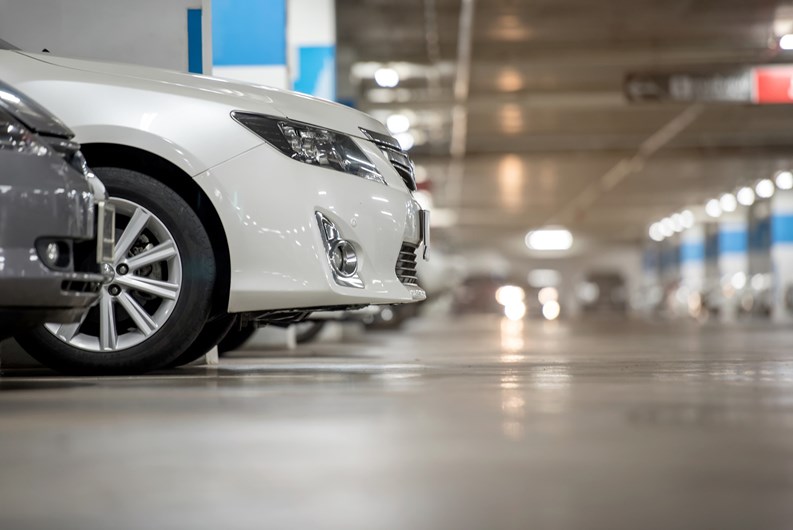
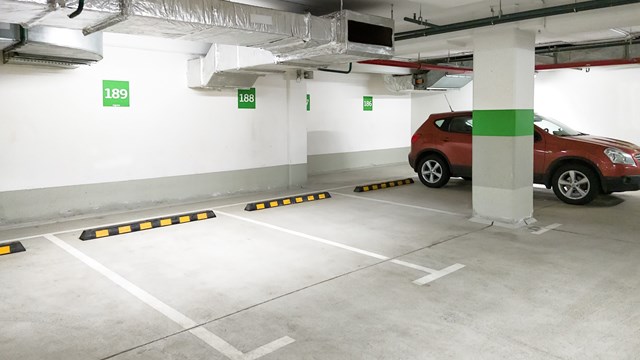

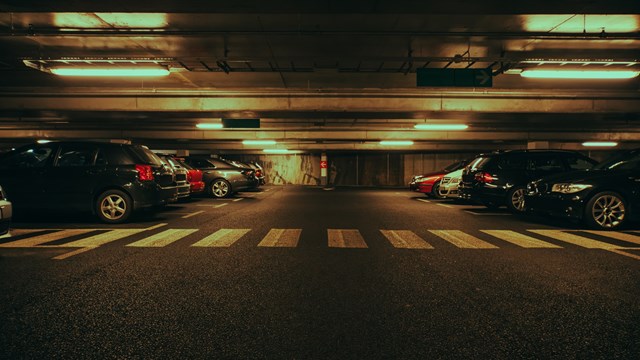
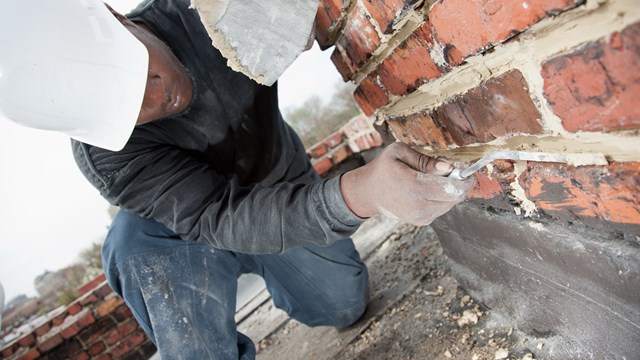

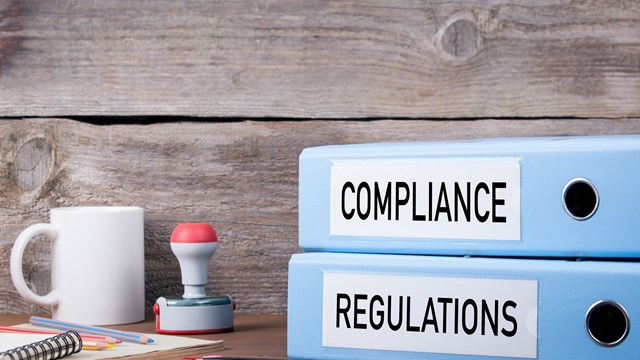
Leave a Comment